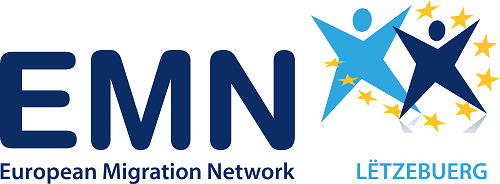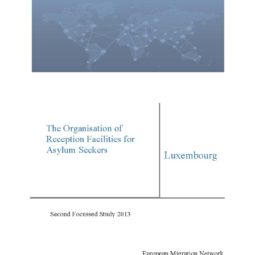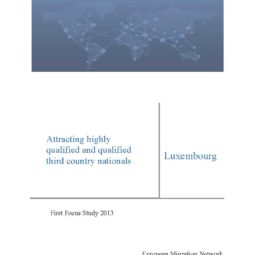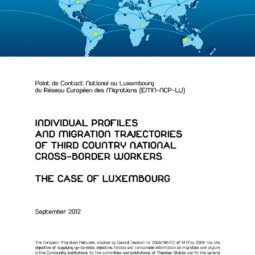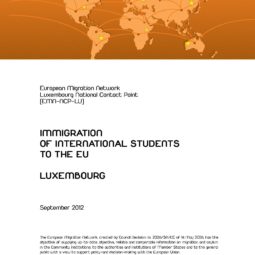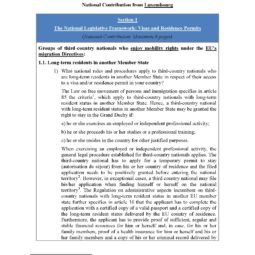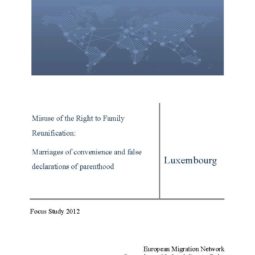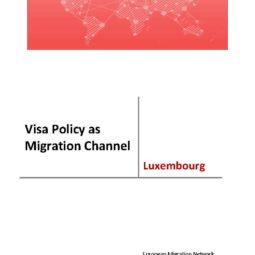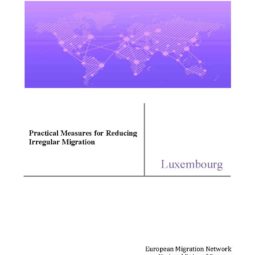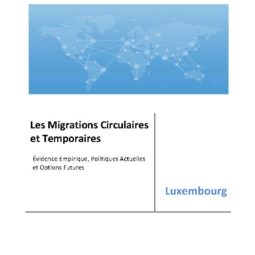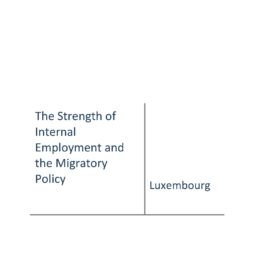The Organisation of Reception Facilities for Asylum Seekers
Luxembourg has a case-by-case approach in terms of allocation of asylum applicants to reception facilities. Indeed, when deciding on the attribution of social aid, which includes accommodation, the Luxembourgish Reception and Integration Office (OLAI), takes into consideration two main criteria: the individual situation of the applicant (household composition, age of family members, potential specific needs, … Continued
